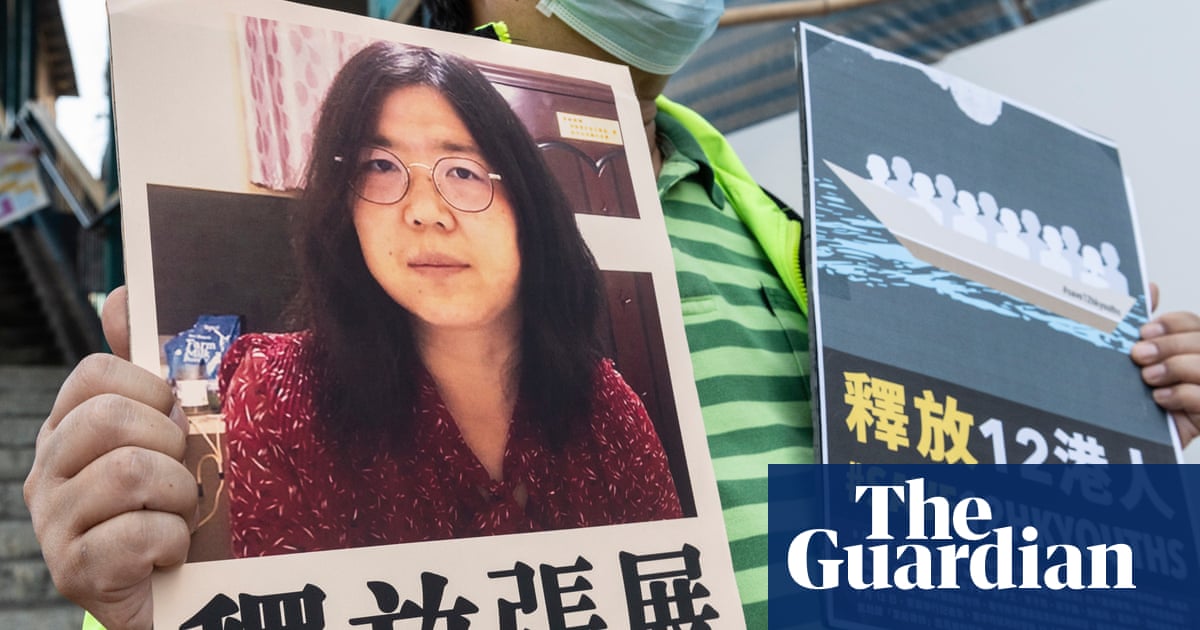The number of writers jailed in China has surpassed 100, with nearly half imprisoned for online expression.
The grim milestone is revealed in the 2023 Freedom to Write index, a report compiled by Pen America, published on Wednesday.
With the total number of people imprisoned globally for exercising their freedom of expression estimated to be at least 339, China accounts for nearly one-third of the world’s jailed writers. There are 107 people behind bars because of their published statements in China, more than any other country on the index.
It is the first time that Pen America’s count of writers jailed in China has surpassed 100. Other databases, such as the Reporters Without Borders’ tally of journalists and media workers detained in China, passed that milestone in 2020.
The index defined “online commentator” as bloggers and people who used social media as their main platform for expression.
James Tager, the director of research at Pen America, said: “Not all people arrested for their online expression will find themselves represented here. It is certain that the true toll of all those who are punished for their expression in China is far higher than the numbers represented here, and that is not even to count those who are censored or who censor themselves for fear of formal punishment.”
People detained by the authorities for their online expression are typically arrested under suspicion of “picking quarrels and provoking trouble” – a charge that even a senior political delegate has said is too vague and could be used arbitrarily by the police.
Among those jailed for picking quarrels is the citizen journalist Zhang Zhan, who has been in prison since 2020, after she was arrested for reporting on the early days of the Covid-19 pandemic in Wuhan.
Several other writers in the Freedom to Write index were targeted for commenting on the government’s Covid policies, such as Sun Qing, who was arrested in May 2020 after posting critical statements on WeChat and X, then known as Twitter. Sun was arrested for “inciting subversion of state power”.
Writers in Xinjiang are treated particularly harshly. The region of north-west China is home to the Uyghur minority, a Muslim group who have been subjected to harsh cultural and political suppression in the past decade.
Gulnisa Imin, a Uyghur poet, is serving a 17-and-a-half-year sentence on the grounds that her poetry, the most famous of which was inspired by One Thousand and One Nights, promotes “separatism”.
In recent years, a crackdown on free expression in Hong Kong has contributed to China’s increasing count of jailed writers. In 2020, Beijing imposed a national security law on the city, which critics say has been used to suppress dissent.
Since the 2019 pro-democracy protests, the authorities have also revived the use of a colonial-era sedition law, which has been used to target government critics. Hong Kong has plummeted down the Reporters Without Borders’ press freedom index since 2019.
Tager said: “Hong Kong’s 2020 national security law and the ongoing crackdown on any dissent or disagreement in the city has triggered a devastating transformation for the city’s creative sector.”

